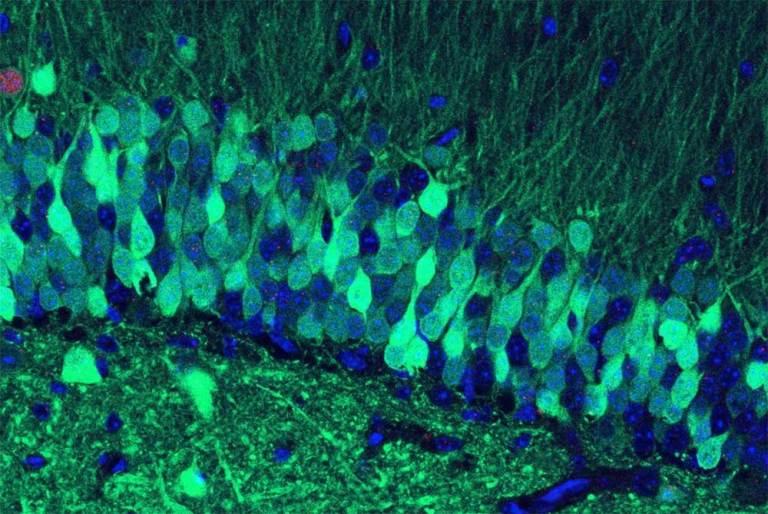Y: Perhaps you’ve heard that the average person dreams four to six times each night. But did you know that most of us are unable to recall 90% of our dreams?
D: Today on A Moment of Science we ask why that is, why we forget most of our dreams.
Y: First, think about what happens when you fall asleep: one of the last regions of your brain to go into sleep mode is the hippocampus, a structure that plays a critical role in transferring information from short-term memory to long-term memory.
D: Of course, the hippocampus keeps working. It mostly consolidates information from the day. And waking up signals the hippocampus to start encoding new experiences in memory.
Y: But that takes about two minutes, which is longer than most sleepers stay awake if they’re roused in the night. In addition, most people are unable to retain their short-term memories of dreams after waking in the morning before the hippocampus reactivates.
D: But, people who wake up more often during sleep tend to stay awake for at least two minutes, which activates the hippocampus and gives them better recall of their dreams.
Y: Besides the hardwiring in our brains, two neurotransmitters, acetylcholine and noradrenaline, also help us retain memories. Both of these neurotransmitters drop dramatically during sleep.
D: That combination keeps our brains working rapidly, without using any brain-power to actually save our dream memories.
Y: Even our talk here about dreams could be a potent factor. Studies find that discussing or reading about dreams boosts short-term recall, while people who come to believe that dreams are valuable have better recall in the long term.










